Sudan
Sudan has arrested 41 people and seized a large amount of explosives big enough to blow up the capital Khartoum, authorities said on Wednesday.
The materials included amonium nitrate, the same chemical that caused a deadly explosion in Lebanon on August 4.
"Forty-one people were arrested in possession of explosives, enough to destroy (the capital) Khartoum," said public prosecutor Tagelsir al-Hebr in a press conference, adding that his office had opened an investigation.
Intelligence gathered since August on "the movements of terrorist groups" led to the arrests, according to Jamal Jumaa, spokesman for the paramilitary Rapid Support Forces.
"We fear now that some Sudanese people will resort to carrying out sabotage and bombings," he said.
Sudan is been led by a transitional government, which took power months after the April 2019 ouster of longtime president Omar al-Bashir.
The country has continued to suffer economically, which has been battered by decades of US sanctions and internal conflict under Bashir's rule.
Since 1993, Khartoum has been on a Washington blacklist of state sponsors of terrorism, a designation that has kept away much-needed foreign investment and strangled Sudan's economy.
Post-Bashir transitional authorities have been has pushing to end the country's pariah status and boost its standing among the international community.
During the press conference, Jumaa warned that the transfer of explosive materials to neighbouring countries could derail the process.
Before even being removed from the US blacklist, "we fear that we will once again be classified as a state sponsor of terrorism," he said.




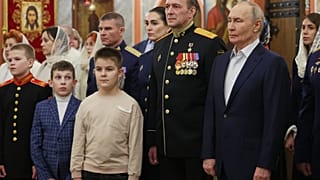
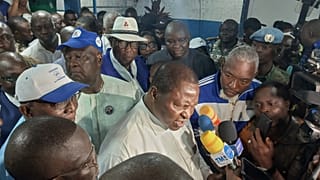

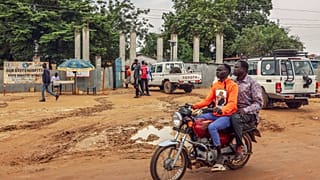

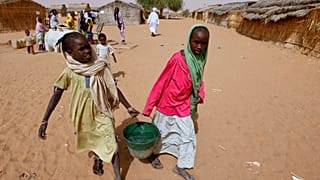
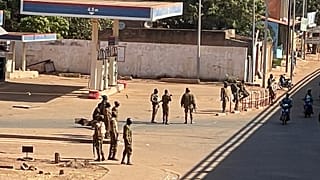
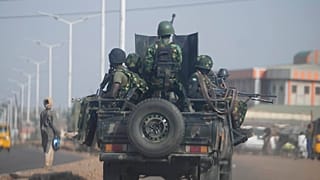
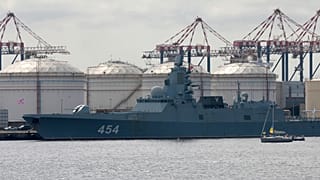
Go to video
Sudan train before facing Senegal in Africa Cup of Nations
00:00
Three people killed in Moscow car explosion, Russian authorities say
01:35
Nigeria boosts security as 130 kidnap victims freed
Go to video
Paris cancels New Year’s eve Champs-Élysées celebrations over security fears
01:01
Sudan's transitional leader al-Burhan holds talks with Saudi Crown Prince in Riyadh
02:19
Researchers find evidence of youngest-ever children tattooed